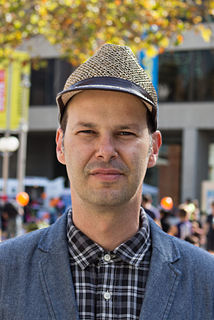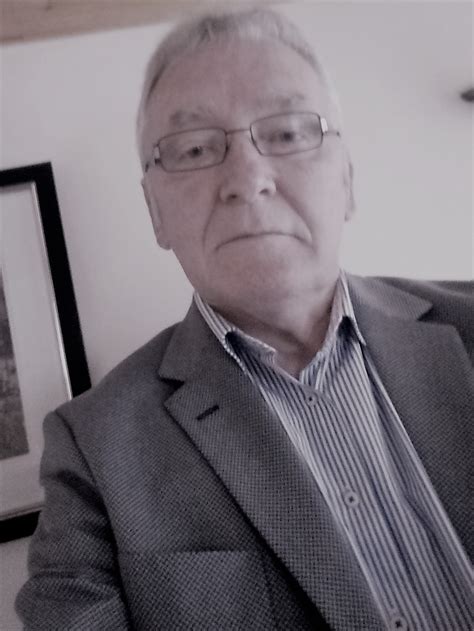A Quote by Julia Glass
Sometimes the writing leads to the revelations, not the other way around.
Related Quotes
Just the fact that there's motion and sound, took me a long time on Walking Dead to get used to the fact that in television, characters don't have to say things. In comics, people have to say I feel this way, or I want to do this, and you can do so much with gesture and movement and facial expressions that you can do sometimes facial expression stuff in comics, but you can do so more if somebody can move around without actually speaking. That leads to a different style of writing between the two mediums.
Sometimes I get drunk and I get into arguments with taxi drivers. And I get out the cab and I slam the door. That's not the way to win an argument with a taxi driver. The way to win is you get out of the cab and you leave the door open. And then he has to step out and come around and close that door. And while he's doing that, I'm on the other side opening the other doors-and we just go around and around and around, and I got my own Benny Hill situation going on in life.
At first, teaching was more or less a straightforward way of making a living and having access to institutional resources while writing - aka libraries. And that was not inconsiderable. But it didn't in any way touch the writing. Maybe it would push the writing aside sometimes, but mostly it was fine.







































